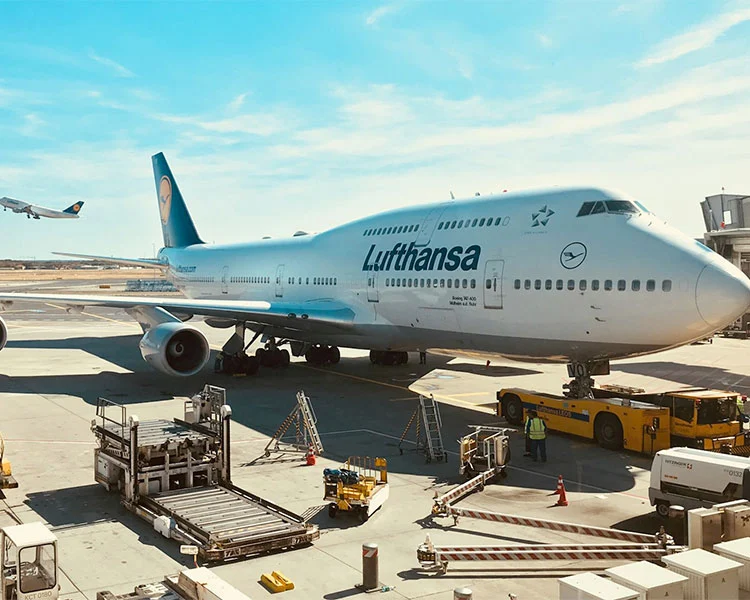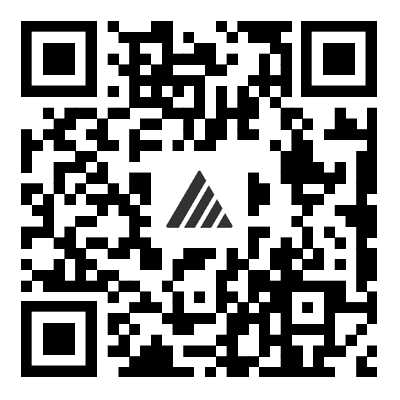What Documents Are Needed for International Air Shipping
2025-10-23
Navigating the paperwork for international Air Shipping can feel overwhelming. After two decades in the logistics industry, we at Ruizhou International Freight have streamlined the process for thousands of clients. Having the correct documents ready is the single most critical step to ensure your shipment clears customs and reaches its destination without costly delays.
What Are the Non-Negotiable Core Documents for Any Air Shipment
Every international air freight shipment requires a core set of documents. Missing or incorrectly completing one of these can ground your shipment.
-
Air Waybill (AWB): This is the contract of carriage between the shipper and the airline. It details the origin, destination, and parties involved. Think of it as your shipment's passport and travel ticket combined.
-
Commercial Invoice: This document provides the financial details of the transaction for customs valuation. It must accurately describe the goods, their value, and the terms of sale (e.g., Incoterms).
-
Packing List: This is a detailed breakdown of the contents of each package in your shipment, including weight, dimensions, and a description of items. It allows customs and carriers to identify the cargo quickly.
Which Additional Documents Might Your Specific Shipment Require
Depending on what you are shipping and where it is going, additional certifications are often necessary. Our experts at Ruizhou International Freight will identify and help you secure these.
| Shipment Type | Required Documents | Purpose |
|---|---|---|
| General Commodities | Certificate of Origin | Verifies the country where the goods were manufactured, which affects import duties. |
| Restricted Items (e.g., chemicals, batteries) | Dangerous Goods Declaration, MSDS | Confirms the goods are properly classified, packaged, and labeled for safe transport. |
| Pharmaceuticals/Perishables | Health Certificates, Export Licenses | Ensures the products meet the public health and safety standards of the destination country. |
Your Air Shipping FAQ Answered
What is the difference between an AWB and a Bill of Lading
An Air Waybill (AWB) is used for Air Shipping and is a non-negotiable document, meaning it does not represent title to the goods. A Bill of Lading is primarily used for ocean freight and can be negotiable, serving as a document of title that can be bought, sold, or traded while the goods are in transit.
Who is responsible for preparing the air waybill
Typically, the freight forwarder prepares the AWB on behalf of the shipper. At Ruizhou International Freight, we handle the complete and accurate creation of the AWB as part of our core service, ensuring all data aligns perfectly with your commercial invoice and packing list.
What happens if my commercial invoice has incorrect values
Providing an incorrect value is a serious customs violation. It can lead to substantial fines, seizure of the goods, and significant delivery delays. Our team at Ruizhou International Freight reviews your documentation to mitigate this risk, but the legal and financial responsibility ultimately lies with the shipper.
Let Ruizhou International Freight Handle the Paperwork
Don't let complex documentation become a barrier to your global trade. Our seasoned team ensures every "i" is dotted and every "t" is crossed, providing a seamless and compliant Air Shipping experience. Contact us today for a consultation and let us streamline your logistics from start to finish.



